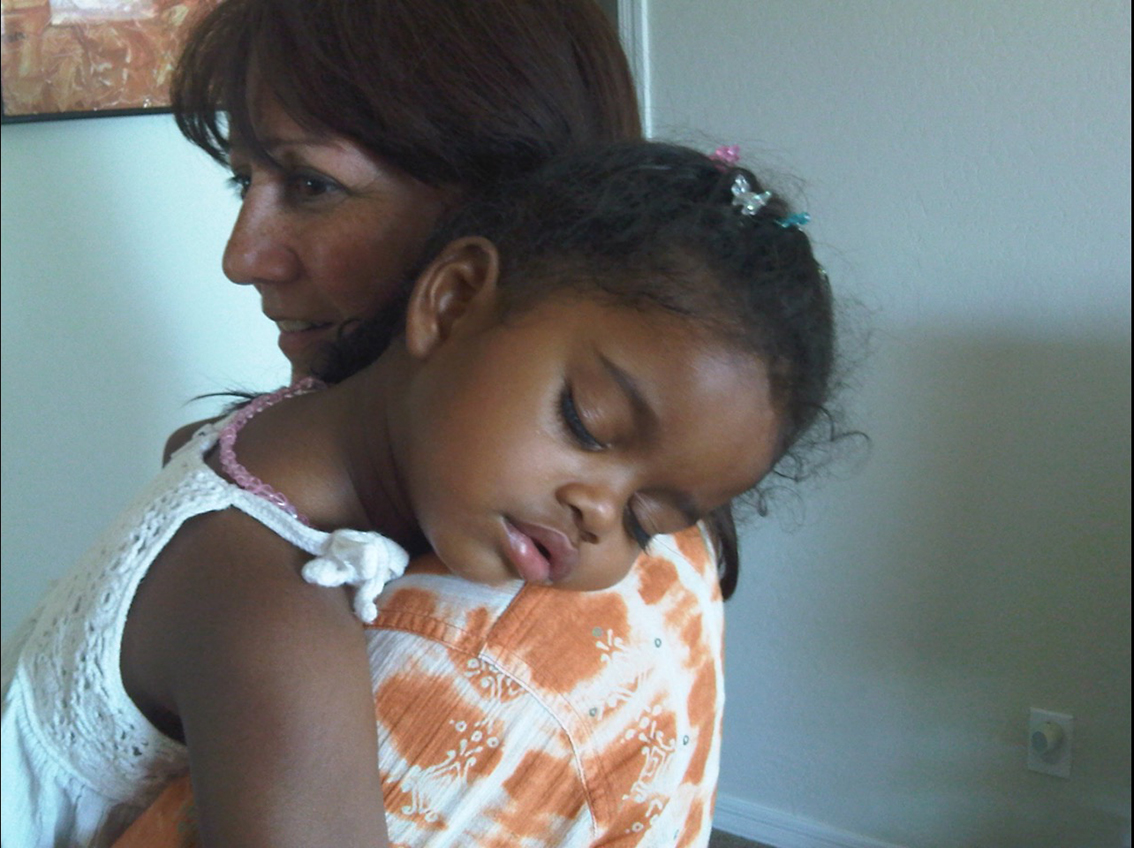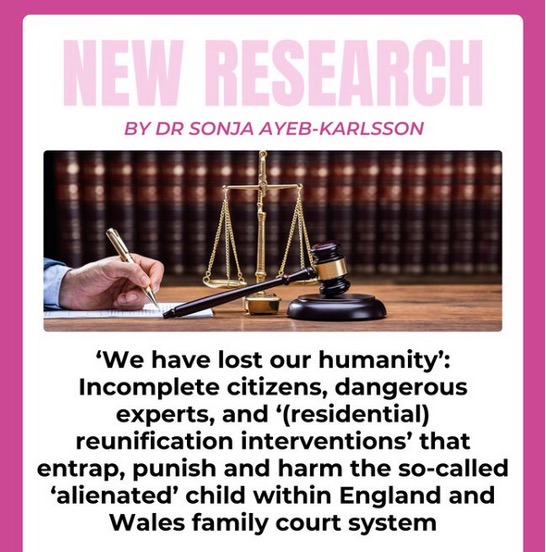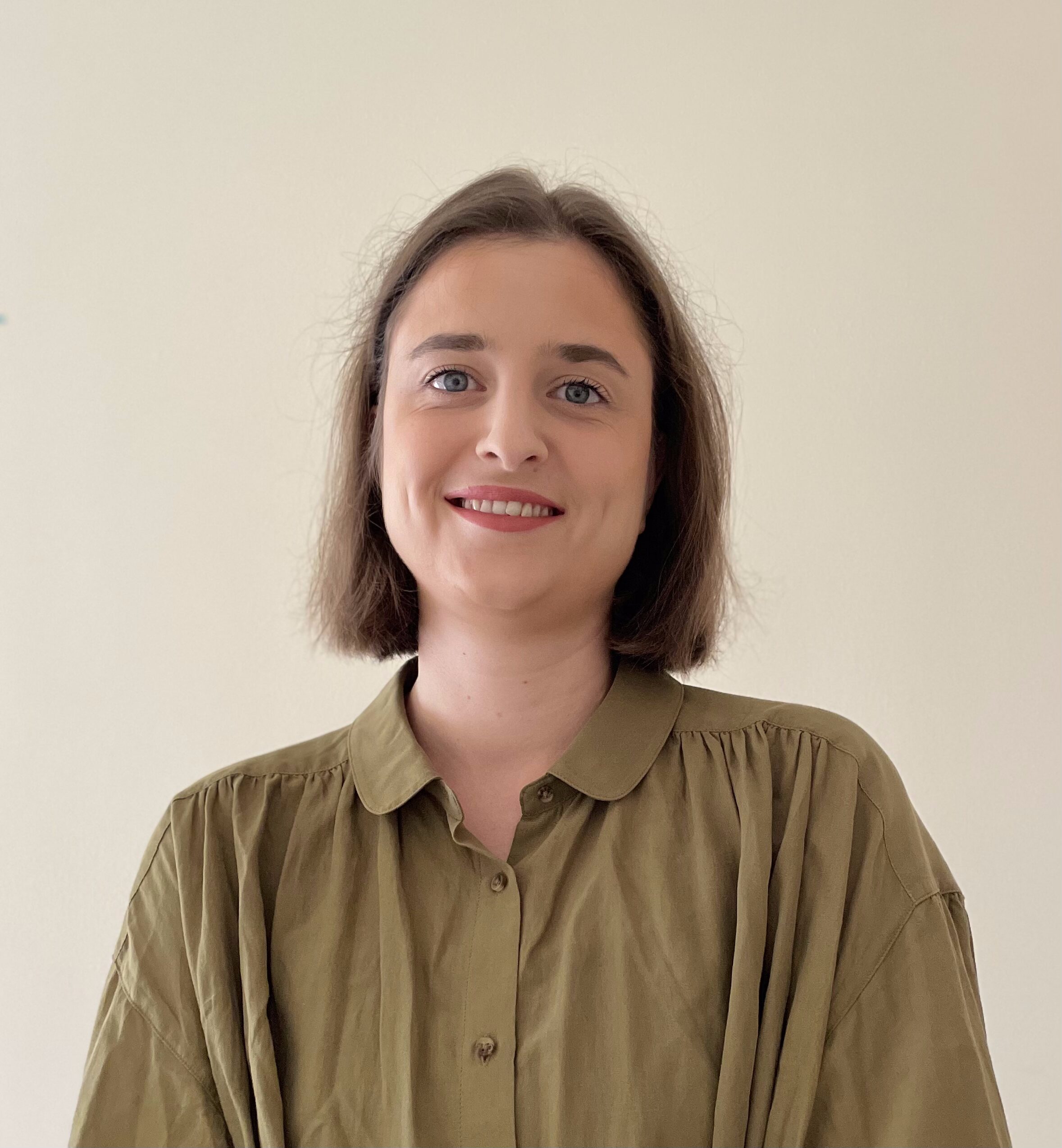Our letter to the Australian Attorney-General
Last December, the Australian Attorney-General Mark Dreyfus amended domestic law in response to growing evidence of the weaponization of the Hague Abduction Convention by abusive fathers. The new regulations state that allegations of domestic violence can be considered under the ‘grave risk’ defence, and that it does not have to be proven in order to be taken in to account. These initial changes are part of a ‘commitment to effective accessible, fair and safe family law that supports victim-survivors of family and domestic violence’.
The changes are not, however, retrospective.
Shortly after the Attorney-General’s press release, a 2-year-old indigenous Australian child was taken from her protective mother and given to her abusive father – who she barely knows. The mother was refused leave to appeal against the return order.
We have sent the following letter to Mark Dreyfus:
Dear Attorney-General
Yesterday we wrote on behalf of the international Hague Mother’s Project to ask that you urgently intervene to protect an indigenous Australian mother and her two-year-old daughter.
Since writing we have been contacted by a number of international experts who are working in this field and in related areas of domestic violence, child protection, child development and human rights. They have asked us to add their names to this renewed request.
As you are aware, under the Hague Abduction Convention, a return order has been granted to the mother’s abusive ex-partner. The order has been made in spite of the fact that her former partner has made threats to kill both her and her child, and that he has an ADVO against him. It also ignores the significance of the child’s indigenous heritage: the ex-partner is European and has no connection with, and no interest in, that heritage.
Had your recent, welcome, changes to the Convention been retrospective, it is very likely that the judgment in this case would have been decided differently, and that both mother and child would have been protected by the Australian judicial system.
Instead, the mother is now facing the ‘choice’ of giving up her child to his violent father, or attempting to return to Europe with her daughter and facing further, potentially life-threatening, abuse, and economic hardship.
We call upon you to urgently intervene. If the return order is implemented there is a clear and profound risk of physical and psychological harm to both mother and child.
We realise that an intervention is not straightforward. However, in all conscience, this judgment cannot be allowed to stand.
Yours sincerely
Dr Adrienne Barnett (UK), Reader in Law, Brunel Law School
Lisa Blakemore-Brown (UK), HCPC Regulated Practitioner Educational Psychologist
Yvette Cehtel (Aus), CEO, Women’s Legal Service Tasmania
Dr Elizabeth Dalgarno (UK), Founder and Chair SHERA Research Group
Michelle Dörendahl (Aus), Law clerk & advocate for women escaping violence
Ruth Dineen (UK), International Coordinator, Hague Mothers
Samantha Fill (New Zealand), Co-founder, New Zealand Hague Collective
Anita Gera (UK), Co-founding Trustee, Hague Convention Mothers
Louise Godbold (US), Executive Director Echo Training, #MeToo Silence Breaker
Janine Hendry (Aus), Spokesperson, Her Hague Story
Dr Rima Hussein (UK), Assistant Professor, Northumbria University
Sally Jackson (UK), Violence Against Women Lead, FiLiA
Donna F. Johnson (Canada), Domestic Violence Counsellor
Dr Emma Katz (UK), Senior Lecturer in Childhood and Youth, Liverpool Hope University
Miranda Kaye (Aus), Senior Lecturer, Faculty of Law, UTS
Anna Kerr (Aus), Principal, Feminist Legal Clinic
Dr Gina Hope Masterton (Aus), Research Fellow, QUT Centre for Justice
Ali Morris (UK), VAWG social worker, trainer & consultant
Lydia Randall (New Zealand), Co-founder, New Zealand Hague Collective
Rosa Saladino (Aus), Principal, Hague Convention Legal Practice
Kathleen Simpson (Aus), Principal, Domestic Violence & Family Lawyer, Queensland
Lisa-Marie Taylor (UK), CEO, FiLiA
Dr Katarina Trimmings, Senior Lecturer, School of Law, Aberdeen University
Breffni Wahl (US), Director, The Hague Collective
No intervention has been forthcoming.
On Christmas day, the child was flown to Belgium to live with her abusive father.
We will continue to support the mother in whatever way we can, and to bring pressure on the Australian Government to ensure the safety and well-being of the child who has been put in serious danger by this Hague Convention decision.
If you would like to help, a Go-fund-me appeal has been set up to assist the mother’s legal battle to bring her daughter home.




